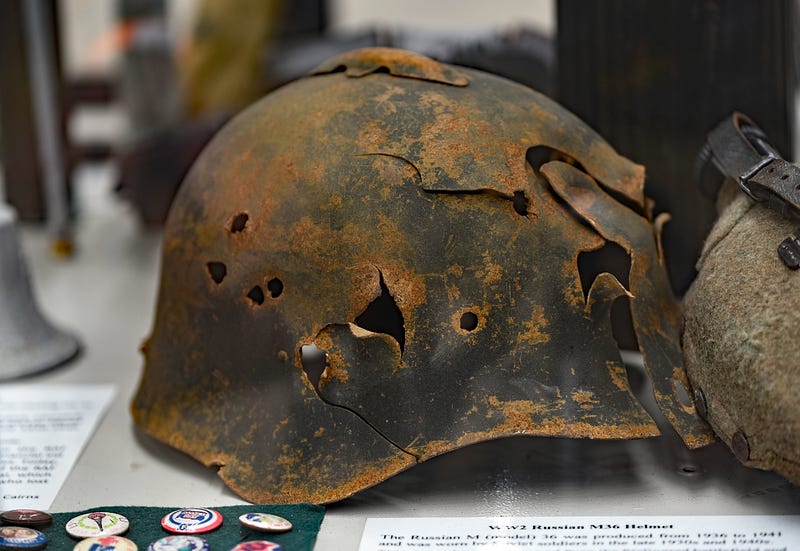Thoughts On a Different Kind of War
Some might say that war never changes, but that’s not quite true. The intrinsic elements: the horror, fear, and horrific loss of life…

Some might say that war never changes, but that’s not quite true. The intrinsic elements: the horror, fear, and horrific loss of life remain the same, that much is true. But the nature of war is altered fundamentally by our ability to perceive the whole entity rather than an individuated part.
It’s been a long time since one country invaded another on mainland Europe. There have been some fraught internal conflicts to be certain, but an all-out invasion of the kind forced by President Putin of Russia is a different matter. But therein lies the key: this is Putin’s war, and the war of a minority global oligarchy hell-bent on a type of class-separated domination the likes of which not even the grandest royalty of old could imagine.
As I’ve been watching events in Ukraine unfold during the last week, I’ve seen bravery from Ukrainians defending their homes, and I’ve seen bravery from Russians who, at home, are defying an authoritarian State by protesting on the streets. I saw a Russian soldier dead in the snow, already half-buried in a sheath of white, a burned-out tank in the background hulking like the bones of a demon from some Ghibli film.
In these poignant snapshots of this horrific conflict, I’m reminded of the famous picture taken by Huynh Cong “Nick” Ut during the Vietnam War. That image, others like it, and video coverage of that war, helped create a new level of global awareness about the terrible violence underway.
Today, we have unparalleled access to the goings-on of people the world over. From the front lines of Ukraine’s heroic defense of its country, to the massive protests erupting throughout Russia itself as people stand up against their government at immense risk to their lives; we know what’s happening often before the official news services have their copy out the door.
It’s not as easy to demonize the entire population of a country as it was during the early half of the 20th century. In WWI and WWII there were propaganda efforts that cast countries as enemy caricatures. That’s a little harder to do, now, as we become intimately acquainted with the people on the ground.
Hopefully, this means that we can work together to undermine and overthrow the ultra-wealthy authoritarian class that causes our world such harm. It’s been said that every war is, ultimately, a class war: maybe now, in this age of globalized technology, we can start to recognize the truth of this in a new way. Maybe we can take steps to bring the fight to those people who are starting these conflicts and who seek to profit from the suffering of others.
